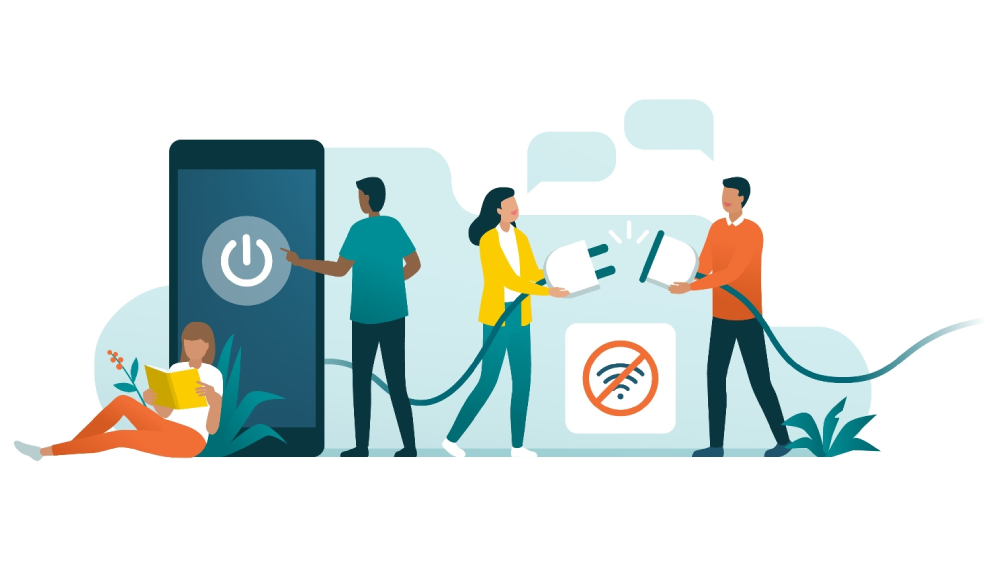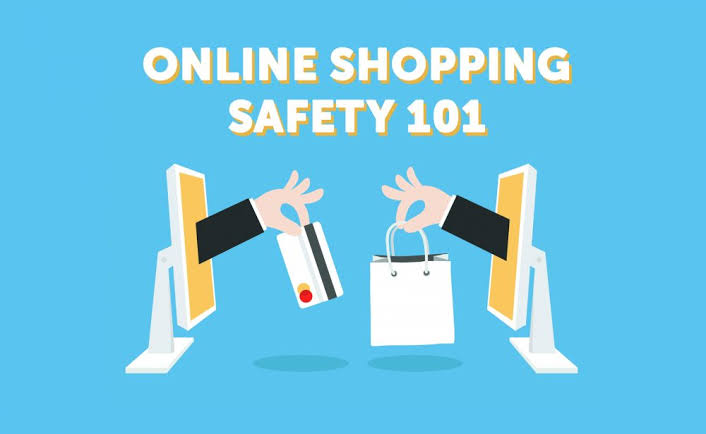In today’s hyper-connected world, screens have become an integral part of everyday life. From checking emails at dawn to scrolling through social media before bed, it’s easy to fall into a pattern of constant digital interaction. A digital detox refers to a conscious break from using digital devices—smartphones, laptops, tablets, and even television—for a certain period. The aim is to reduce stress, improve focus, and reconnect with the real world.
This doesn’t mean you have to abandon technology forever. Instead, it’s about creating healthier boundaries. By stepping back from the constant noise and stimulation of the digital realm, you give your brain the space to recharge. Many people who’ve tried it report greater peace of mind, better sleep, and stronger real-life connections.
Restoring Mental Clarity and Reducing Stress
One of the biggest benefits of a digital detox is improved mental clarity. Constant notifications and multitasking across devices can lead to cognitive overload. Your brain never truly rests when it’s bombarded with updates, alerts, and endless feeds.
Taking a break helps your mind declutter. You’ll likely notice better concentration, quicker decision-making, and a calmer emotional state. According to recent mental health research in 2025, individuals who engage in weekly digital detox sessions report a 25% reduction in stress and anxiety levels.
Without the pull of your screen, you can focus more deeply on the present moment—whether it’s enjoying a meal, engaging in a hobby, or having a conversation without distraction.
Improving Sleep Quality and Sleep Cycles
Excessive screen time, particularly before bed, disrupts natural sleep patterns. The blue light emitted from screens suppresses melatonin production—the hormone responsible for regulating sleep. This results in difficulty falling asleep, poor sleep quality, and feeling groggy the next day.
A digital detox, especially one that includes shutting off devices at least an hour before bedtime, can dramatically improve your sleep. Studies have shown that removing screens from the evening routine helps the body return to its natural circadian rhythm, leading to more restful and restorative sleep.
Improved sleep also boosts other areas of your life—from your immune function to your mood and productivity.
Rebuilding Real-World Relationships
While technology allows us to stay connected, it often leads to shallow interactions and social isolation. Face-to-face conversations, eye contact, and body language are all crucial elements of meaningful human connection—elements that can’t be replicated through texts or social media.
By taking time away from screens, you can focus more intentionally on the people around you. Whether it’s spending quality time with family, engaging in deeper conversations with friends, or simply being present, a digital detox nurtures more genuine, satisfying relationships.
Over time, this improved interpersonal connection can increase empathy, strengthen social bonds, and elevate your overall emotional well-being.
Boosting Productivity and Creativity
Contrary to popular belief, being always connected doesn’t make you more productive. In fact, the constant interruptions—email pings, social media alerts, news headlines—can severely hinder your ability to focus and complete tasks efficiently.
A digital detox eliminates these distractions and allows for more uninterrupted work time. People often find they complete tasks faster and to a higher quality without the constant digital noise.
Additionally, creativity tends to thrive when the mind has time to wander and explore ideas without constant stimuli. Unplugging from screens gives your brain the space to make new connections, think more freely, and solve problems more creatively.
Encouraging Healthier Habits
Spending long hours on digital devices can negatively affect physical health. It encourages a sedentary lifestyle, contributes to eye strain, and often leads to poor posture and back pain. A digital detox can prompt you to move more, go outdoors, or engage in activities that are physically and mentally enriching.
Here are a few healthier habits that tend to emerge during a digital detox:
- Walking or exercising more often.
- Spending time in nature.
- Reading physical books instead of digital content.
- Practicing hobbies like painting, writing, or gardening.
These changes not only support your physical well-being but also offer emotional rewards that can’t be replicated by scrolling through a screen.
Reclaiming Your Time and Attention
It’s easy to underestimate how much time we spend online. According to Canadian data in 2025, the average adult spends over 7 hours a day across various screens. That’s nearly half of the day gone—often without realizing it.
A digital detox helps you regain control of your time. You begin to notice how often you reach for your phone out of habit, not necessity. This awareness leads to more intentional choices about when and how to use technology, rather than letting it dictate your schedule.
Many people who do regular detoxes use that time for more rewarding activities—volunteering, family bonding, or even starting a side project they’ve always postponed.
How to Start Your Own Digital Detox
Starting small is often the most effective approach. You don’t need to unplug for an entire week to experience the benefits. Begin with manageable steps such as:
- Turning off non-essential notifications.
- Setting screen-free hours each day (like during meals or after 8 PM).
- Designating one screen-free day each weekend.
- Keeping your phone out of the bedroom at night.
- Using apps that track screen time and set daily limits.
The goal is progress, not perfection. Over time, you’ll develop a more balanced relationship with your devices that enhances—not hinders—your lifestyle.
Conclusion
A digital detox offers a powerful opportunity to reconnect with yourself, others, and the present moment. It’s not about rejecting technology entirely, but about creating mindful boundaries that protect your mental and emotional health. With benefits that span sleep, productivity, creativity, and relationships, even small steps toward a more intentional digital life can lead to lasting, positive change.



